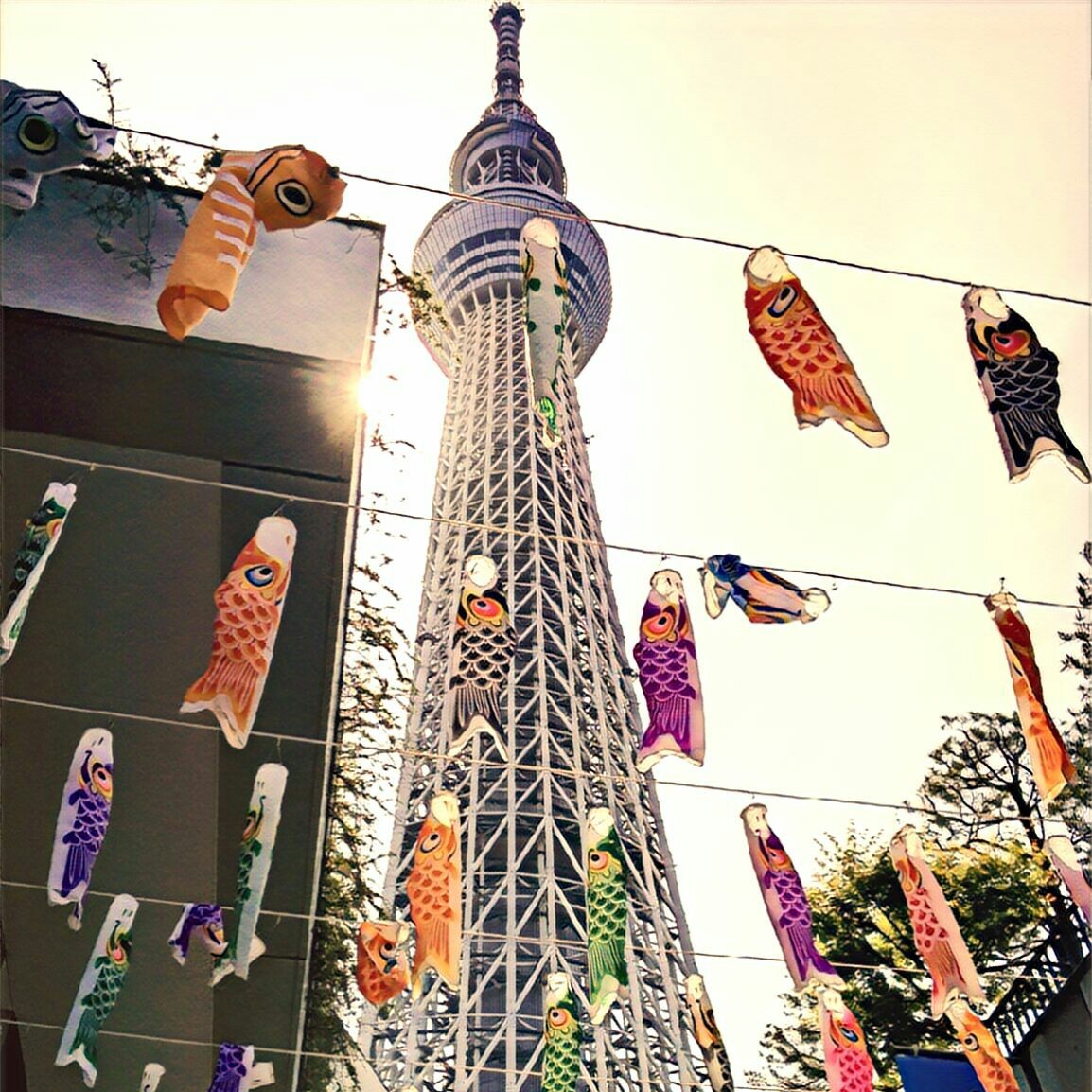Regardless [をとわず]
We use を
この
町 は、季節 を問わずうつくしい町 ですよ。This is a beautiful town regardless of the season.
You may see this used with Japanese noun opposite pairs. For example the following seem to be used often:
男女 (man and woman)老若 (young and old)昼夜 (night and day)晴雨 (clear or rain, rain or shine)大小 (big and small)老若男女 (old or young, man or woman)
If we use these with を問わず we get:
男女を問わず – regardless of sex/gender
大小を問わず – regardless of size
晴雨を問わず – regardless of the the weather (come rain or shine)
老若を問わず – regardless of age
老若男女を問わず – regardless of age or sex
The following words also seem to be used often:
学歴 (academic background)年齢 (age)天気 (weather)国籍 (nationality)
Structure
This can only be used with a noun (hence the を particle).
Examples
晴雨 を問わず山 を登 るつもりです。I intend to climb the mountain come rain or shine (regardless of the weather).
このトイレは、
男女 を問わず、皆 さんが使用 できます。This toilet can be used by anyone regardless of sex.
